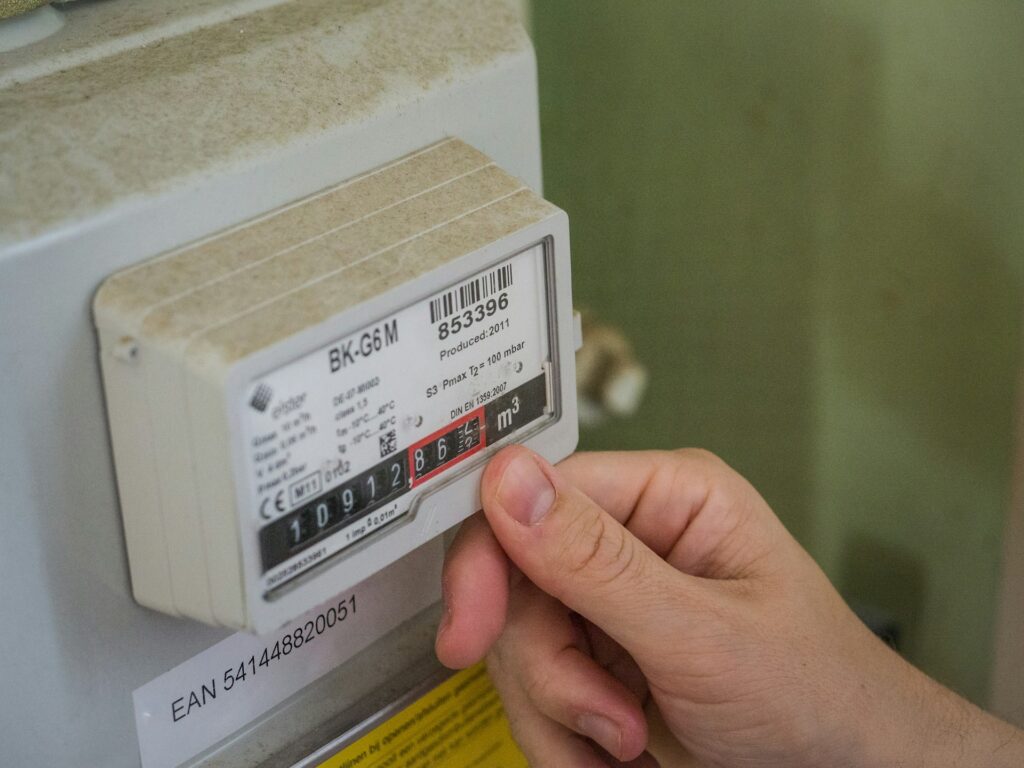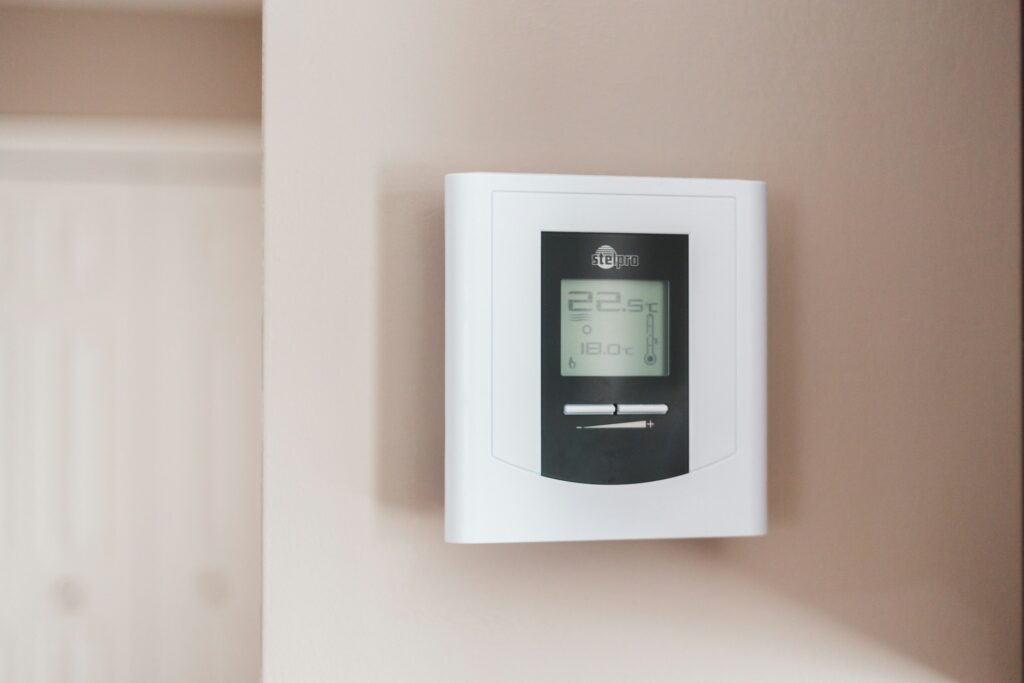Choosing between an air conditioner (AC) and an air cooler can be challenging, especially with varying needs and environmental conditions. Both devices have their respective features, benefits, and drawbacks!
This article delves into the air cooler vs air conditioner electricity consumption, health considerations, and their respective advantages and disadvantages, helping you make an informed decision.
Understanding Air Conditioners and Air Coolers
- Air Conditioners use a refrigerant to cool the air, removing heat and humidity from indoor spaces. They are available in various types, including window units, split systems, and portable models.
- Air Coolers, also known as evaporative coolers, use water evaporation to lower the air temperature. They are most effective in hot, dry climates and are known for their energy efficiency.
Effectiveness of Air Conditioners
Air Conditioners are highly effective in cooling spaces regardless of the external humidity. They provide consistent and controlled cooling, making them suitable for various environments, including humid areas. However, they tend to consume more electricity and require proper insulation to be effective.
Effectiveness of Air Coolers
Air Coolers are best suited for dry climates where humidity levels are low. They work by evaporating water to cool the air, which also adds some moisture to the environment. This makes them less effective in humid conditions but advantageous in areas with dry heat.
Air Conditioner vs Air Cooler
| Feature | Air Conditioner | Air Cooler |
| Electricity Consumption | Higher electricity usage | Lower electricity usage |
| Cooling Efficiency | High, works well in all climates | Moderate, best in dry climates |
| Initial Cost | Higher initial investment | Lower initial cost |
| Maintenance | Requires professional maintenance | Easier to maintain, often DIY |
| Health Impact | Can dry out air, potential respiratory issues | Adds moisture, can alleviate dry skin issues |
| Portability | Less portable, fixed installations | Highly portable |
| Installation | Professional installation needed | Easy to install |
| Noise Level | Generally quieter | Can be noisier due to fan and water pump |
| Environmental Impact | Higher due to refrigerants | Lower, eco-friendly operation |
| Air Quality | Better air filtration, can reduce allergens | Limited air filtration, may increase humidity |
Air Conditioner vs. Air Cooler: When to choose what?
| Air Conditioner | Air Cooler |
| Hot and Humid Climates: If you live in an area with high humidity, an air conditioner is more effective as it removes moisture from the air. | Dry Climates: Air coolers are ideal for regions with dry heat as they add moisture to the air while cooling it. |
| Consistent Cooling Needs: For environments requiring stable and consistent cooling, such as offices and bedrooms, an AC is preferable. | Energy Efficiency: If energy consumption is a major concern, air coolers are more economical. |
| Allergy Concerns: Air conditioners often come with better air filtration systems, which can be beneficial for people with allergies. | Portability: Air coolers are more portable and easier to move from one room to another, making them suitable for temporary or spot cooling. |
Air cooler: Advantages and Disadvantages
| Advantages | Disadvantages |
| Energy Efficient: Lower electricity consumption compared to air conditioners. | Limited Cooling: Less effective in humid environments. |
| Eco-Friendly: Uses water for cooling without harmful refrigerants. | Maintenance: Requires regular refilling of water and cleaning. |
| Adds Moisture: Beneficial in dry climates as it adds humidity to the air. | Noise: Can be noisier due to the fan and water pump operation. |
Air Conditioner: Advantages and Disadvantages
| Advantages | Disadvantages |
| Effective Cooling: Provides consistent cooling in various climates. | High Electricity Consumption: More expensive to run. |
| Air Filtration: Helps reduce allergens and improve air quality. | Costly Installation: Higher initial cost and professional installation required. |
| Humidity Control: Removes excess moisture from the air. | Maintenance Needs: Requires regular professional maintenance. |
Common Air Cooler problems
Air coolers, while beneficial, can encounter several issues:
- Water Management: Regularly refilling the water tank can be cumbersome.
- Cooling Limitations: Ineffective in high humidity conditions.
- Noise: Some models can produce significant noise, which may be disruptive.
- Maintenance: Frequent cleaning is necessary to prevent mould and mildew growth.
In conclusion, the choice between an air conditioner or an air cooler largely depends on your specific needs, climate, and budget.
Understanding the air cooler advantages and disadvantages and comparing AC vs cooler features will help you make an informed decision to keep your indoor environment comfortable!
If you have to choose the more expensive air conditioner, discover some easy tips to lower the power bill.
Also, while you are here, read our three other top-rated comparisons, Google vs Bing (search-centric), Windows vs MacOS (PC-centric), and Android vs iOS (mobile-centric)!
FAQs
No, air coolers are generally inexpensive to run. They consume significantly less electricity compared to air conditioners, making them a cost-effective cooling solution, particularly in hot, dry climates.
Air coolers are effective in dry climates but do not perform as well in humid conditions. Air conditioners provide more consistent cooling and are better suited for humid environments. The choice depends on your specific needs and local climate.
No, air coolers consume less electricity compared to air conditioners. They are energy-efficient, making them a more economical choice for cooling, especially in areas with lower humidity.
Air coolers can be healthier in dry climates as they add moisture to the air, reducing the risk of dry skin and respiratory issues. However, air conditioners offer better air filtration, which can be beneficial for individuals with allergies or asthma.
Air coolers do not cool a room as effectively as air conditioners. They lower the air temperature through water evaporation, which is less efficient than the refrigerant-based cooling of air conditioners, especially in humid environments.
The time an air cooler takes to cool a room depends on the size of the room, the outside temperature, and humidity levels. Generally, air coolers can start to make a noticeable difference within 15-30 minutes in ideal conditions.

